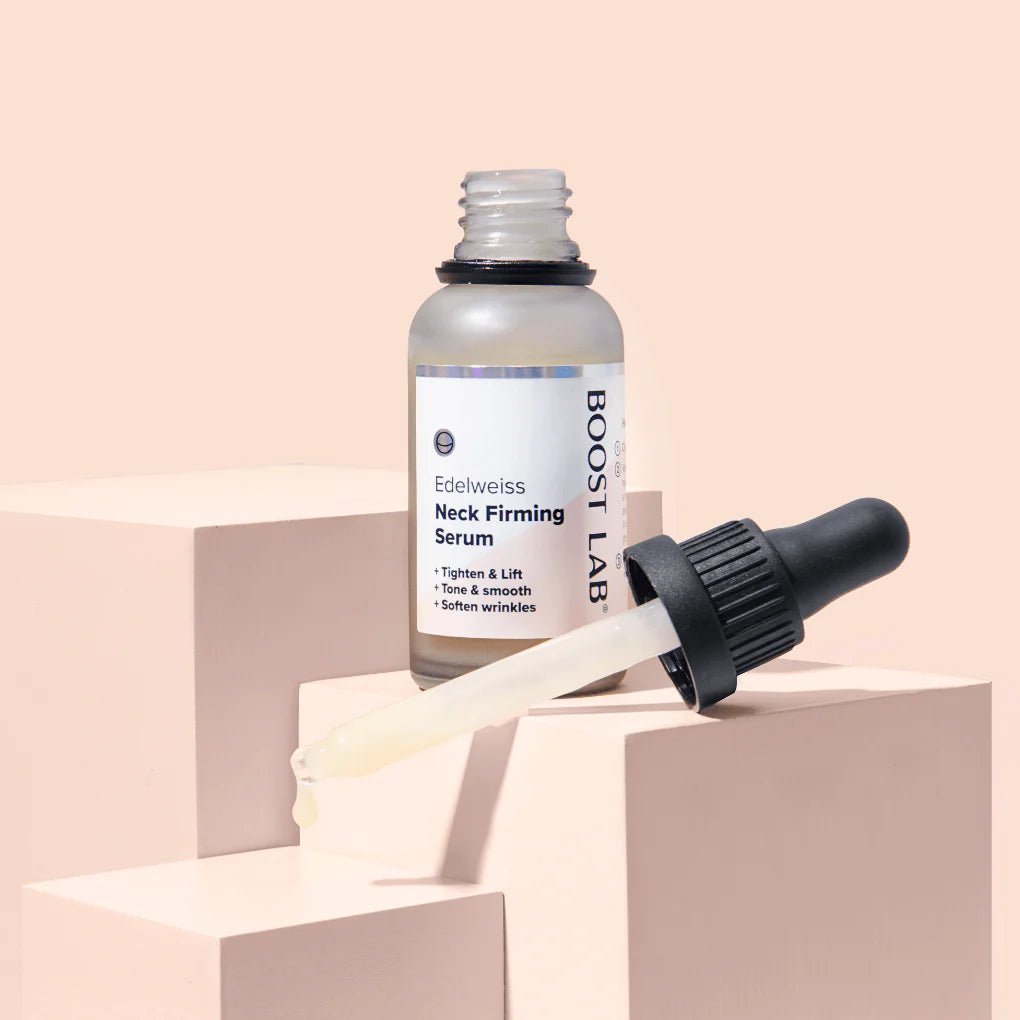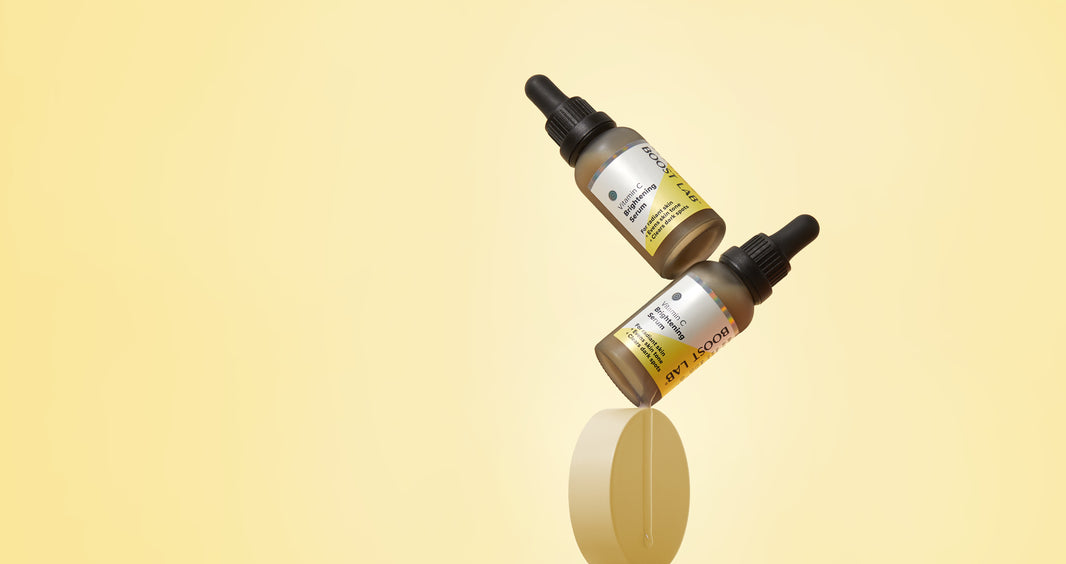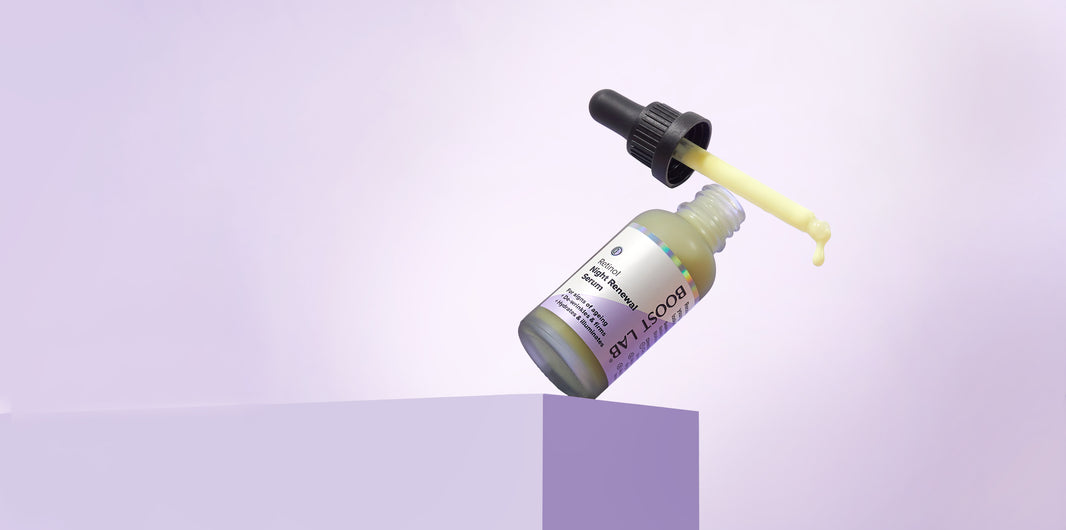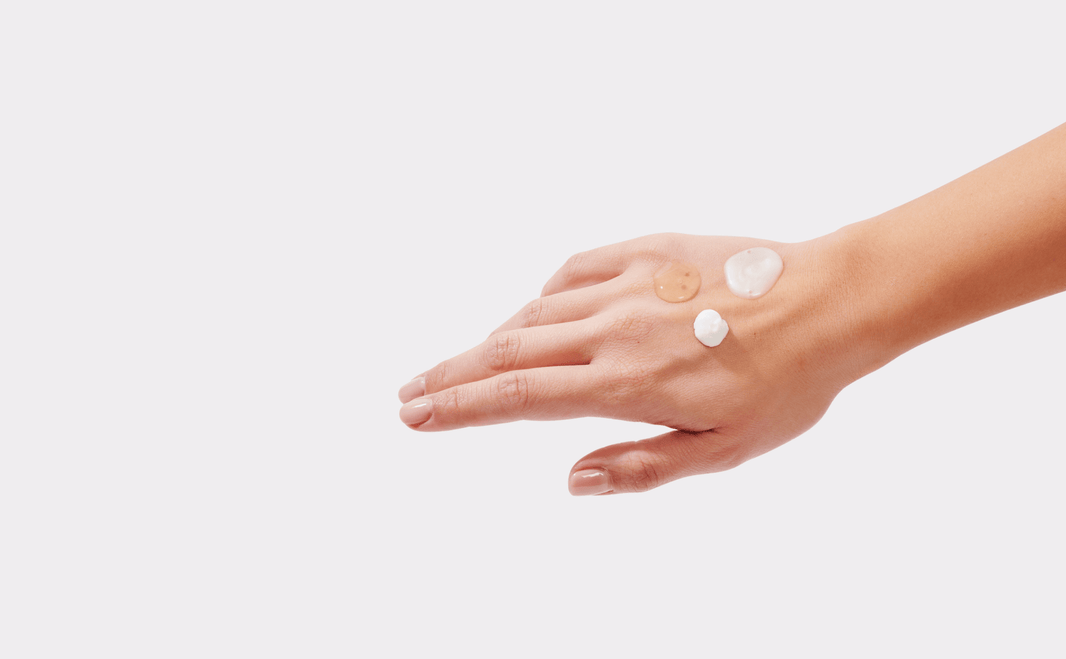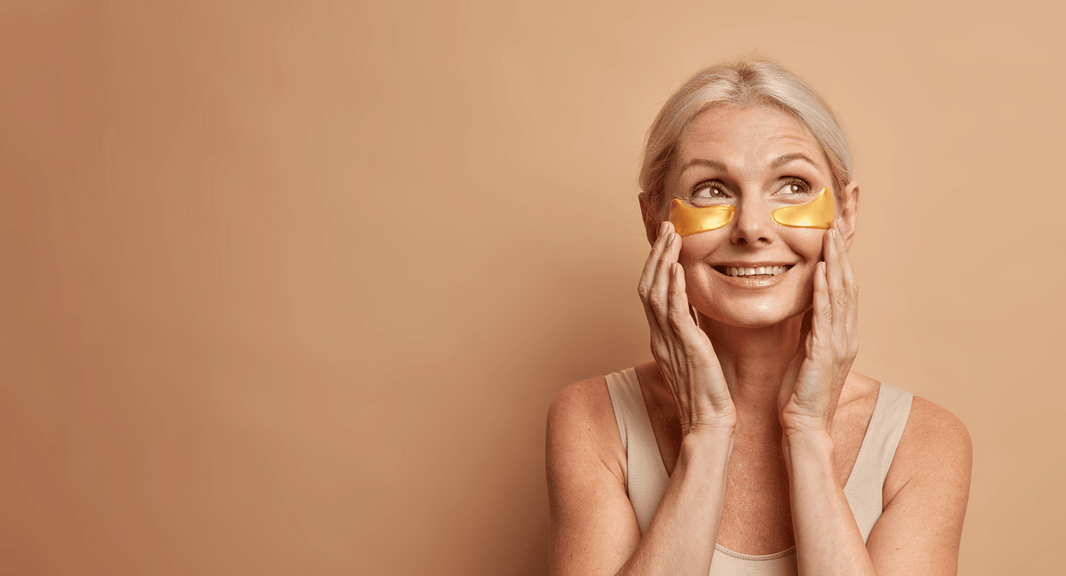They might sound similar, but there are big differences when it comes to moisturising and hydrating as part of your skincare routine. Not only are they made from different ingredients, but they will deliver different results depending on your skin type.
Key differences between a hydrator and a moisturiser
So, what are the main differences between a hydrator and moisturiser – and why should you care?
- Hydration is about absorption: Hydrating products are all about absorbing moisture from the air and then infusing your cells with water. This improves your skin’s ability to absorb moisture and nutrients.
- Moisturisation is about trapping: At the other end of the spectrum, moisturisers trap and lock in the moisture to build your skin’s natural protective barrier. This means there’s less chance of water loss, ensuring your skin stays smooth and soft.
- They aren’t interchangeable: Some brands use the terms ‘hydrator’ and ‘moisturiser’ interchangeably, but this is incorrect and can be confusing to the consumer. Make sure you go with a brand that understands the difference.
- But they do share a common goal: While they are different products, the ultimate goal of both hydrators and moisturisers is to help your skin get enough moisture to prevent it from becoming dry, tight or dehydrated.
The biggest difference is how they work!
As the name suggests, hydrating products are all about keeping your skin cells hydrated. They focus on increasing your skin cells’ water content, whereas moisturisers are about locking it in.
Moisturisers are also more focused on preventing transepidermal water loss (aka moisture that evaporates from your skin). This bolsters your skin’s natural barrier function, and a healthy skin barrier stops harmful chemicals and bacteria from entering your body. It also retains the good stuff from leaving your skin.
Common ingredients
Take a look at the small print on your skincare products and you’ll likely see some key differences in the ingredients lists. For example:
- Hydrators usually contain hyaluronic acid, propylene glycol, alpha hydroxy acids, urea, or glycerin and aloe, which all deliver water to your skin cells directly.
- Whereas moisturisers typically contain ceramides, dimethicone (a silicone-based smoothing agent), shea butter and coconut oil. Ceramides (naturally occurring fats) decrease irritation and dryness, while silicones soften your skin and reduce friction.
Get hydrated with BOOST LAB products
At BOOST LAB we’re all about providing high-quality face serums that pack a real hydration punch. Here are some helpful products that beat out traditional moisturisers when it comes to keeping your skin hydrated:
2D-Hyaluronic Hydro Boost SerumThanks to the moisture-binding properties of hyaluronic acid, our Hydro Boost Serum plumps up your skin and reduces the appearance of wrinkles.

The ingredients in our Night Renewal Serum are humectants, which are essentially magnets that ‘pull’ moisture from the deepest layers of your skin. What’s more, the retinols helps fighting pimple prone skin, blemishes and the signs of ageing.

You can explore all of our BOOST LAB products to find the right one for your needs, and get plenty of inspo from our blog to improve your skincare routine and enjoy a better complexion.




